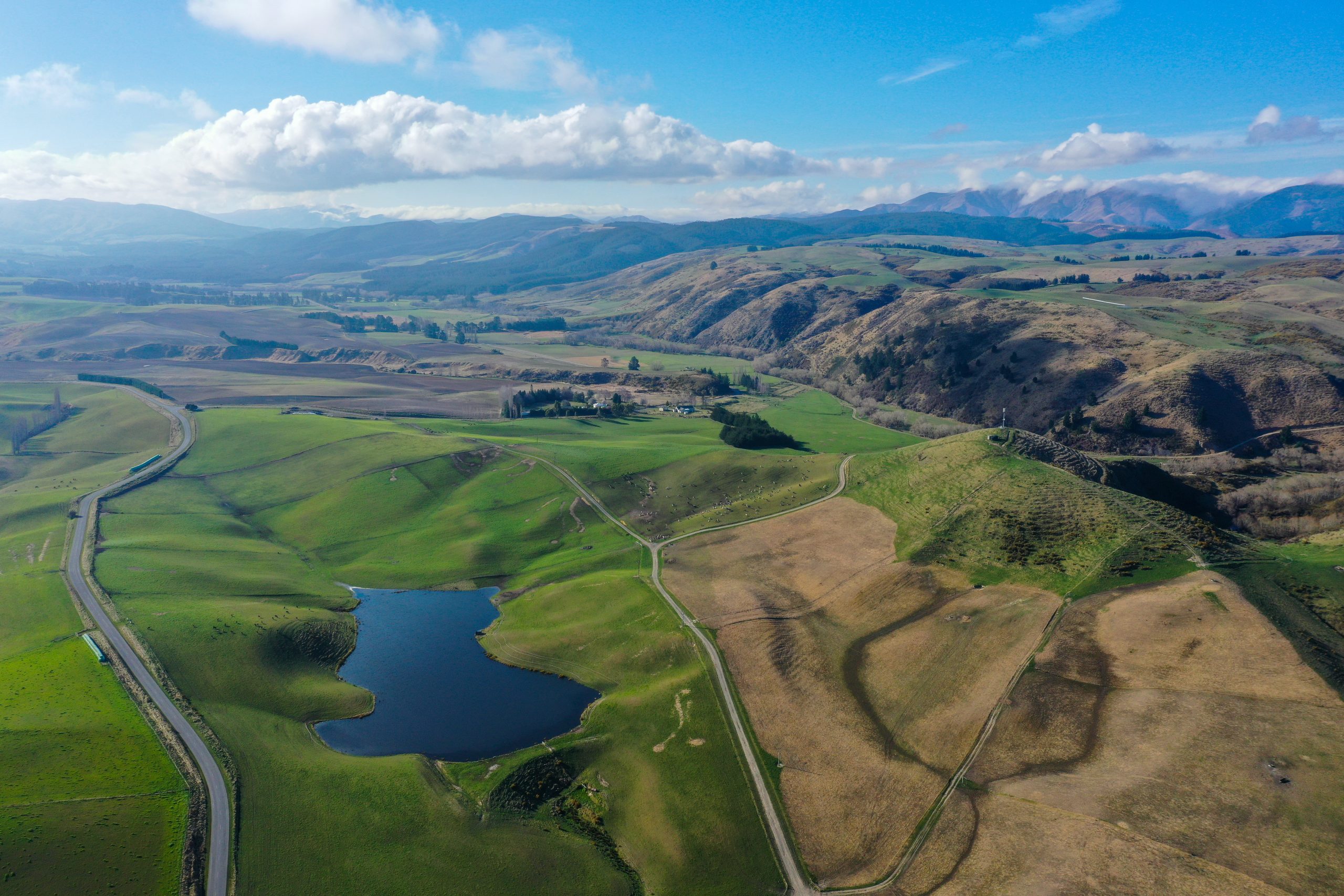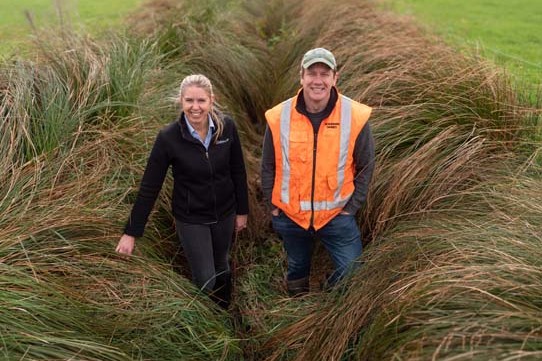By Eileen Fisher
The government’s Essential Freshwater policy aims to reverse past damage within a generation so that all New Zealand’s waterways are in a healthy state, and Freshwater Farm Plans will be part of the solution, Bryan Smith, chief advisor for the Ministry for the Environment says.
In a keynote address to the 34th Farmed Landscapes Research Centre virtual workshop in February, Bryan said the policy also aimed to stop further degradation of freshwater and to show material improvements in quality within five years.
Eventually all commercial farmers and growers will be required to have a Freshwater Farm Plan (FW-FP) which is certified and audited by accredited professionals.
“The plans will allow bespoke solutions tailored to each farm and can avoi d lots of rules and the requirement for resource consents.”
The FWFP will “provide a new regulatory tool under the Resource Management Act (RMA) and any replacement for the act”.
“The Minister for the Environment is clear that he expects Freshwater Farm Plans to transfer to any future new planning system or RMA reform, so we are working under the assumption that this new tool is here to stay. It brings all relevant national direction and regional plan requirements together in one place and relates them to the farm,” Bryan said.
FW-FP plans will allow for national consistency, inter-regional operability and bring economies of scale to farm planning.
“The infrastructure, systems and relationships created by the regulatory system provide many future opportunities outside of freshwater solutions. They can link up with climate change responses and biodiversity measures and provide information the marketplace expects including assurance of environmental performance.”
New FW-FPs will build on the work many farmers and growers are already doing. “The primary sector has played a leadership role in the development of industry assurance programmes (IAP), many of which have an environmental component.
“These programmes would need to be updated or adapted if they are to deliver a freshwater farm plan that meets the requirements of Part 9A of the RMA,” Bryan said. No programmes meet all the requirements of that part of the RMA yet, but some are closer than others.
“We propose a system where industry programmes can be assessed and recognised as being appropriate to deliver freshwater farm plans that meet the requirements of the RMA and many sectors have already engaged on this.”
Bryan said the FW-FPs provide for orderly transition. “But more importantly, allows sectors to integrate FW-FP requirements into their food safety, consumer assurance and environmental systems.”
Regional councils will be developing regional freshwater plans that implement the National Policy Statement for Freshwater 2020, to be notified by December 2024.
“Councils must set visions and values; environmental outcomes aligned to those; set resource use limits to achieve the outcomes; timeframes and milestones; then establish rules, programmes and action plans, to achieve the milestones.”
The FW-FP need to reflect regional council rules and where they are more stringent than what would otherwise be in a plan, (especially in heavily overallocated catchments eg for nitrogen) then the more stringent rules will apply.
The ministry is designing a system to establish a national body to accredit people with the necessary competencies and experience to become FW-FP certifiers.
“Regional councils will appoint certifiers in their region. The national body will also manage the quality assurance of the certification system. Certifiers will be able to work with farmers, as advisers, to develop the FW-FP, although there will be no requirement for farmers to use an adviser.
“Plans will be certified every three to five years. In the case of significant farm change, plans may need to be redeveloped and certified.”
Auditors, who will assess whether a farm complies with the certified FW-FP will be appointed by regional councils and farmers will engage and pay the auditors. Audits will be conducted on a regular basis with shorter periods for re-audit where issues are found.
Bryan said FW-FP will need to reflect the context of the catchment in which a farm or orchard is located, and any council can set rules and limits.
“The plans can include farmers’ broader aspirations and vision for their farms, but these elements of the plan are not enforceable. The system is more tailored to unique farm situations rather than fixed rules and is also better suited to diffuse discharges than current tools.
“The plans allow farmers to understand what they need to do, with information all in one place. They provide key implementation too for councils and compliment resource consent and plan rules.”
Bryan says the FW-FPs can build stronger links between research and innovation and onfarm actions, and there are opportunities for their application to extend to other environmental issues.
The implementation of the FW-FP will take time with the roll out starting this year with building a workforce, capacity and capability.
“There are lots of opportunities and challenges here and this is an exciting field to be involved in which will bring material changes to fresh water going forward.”





